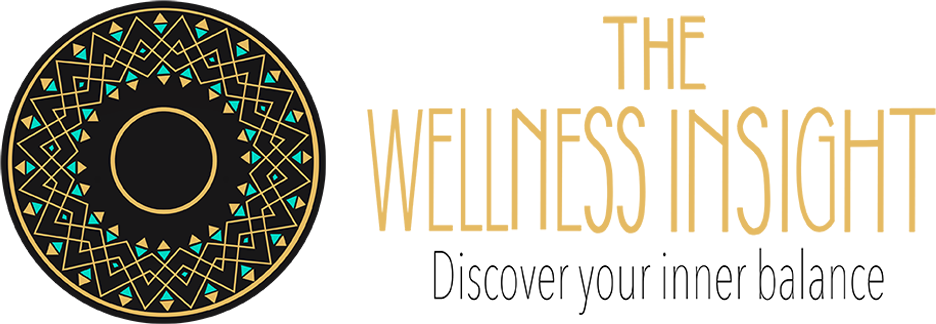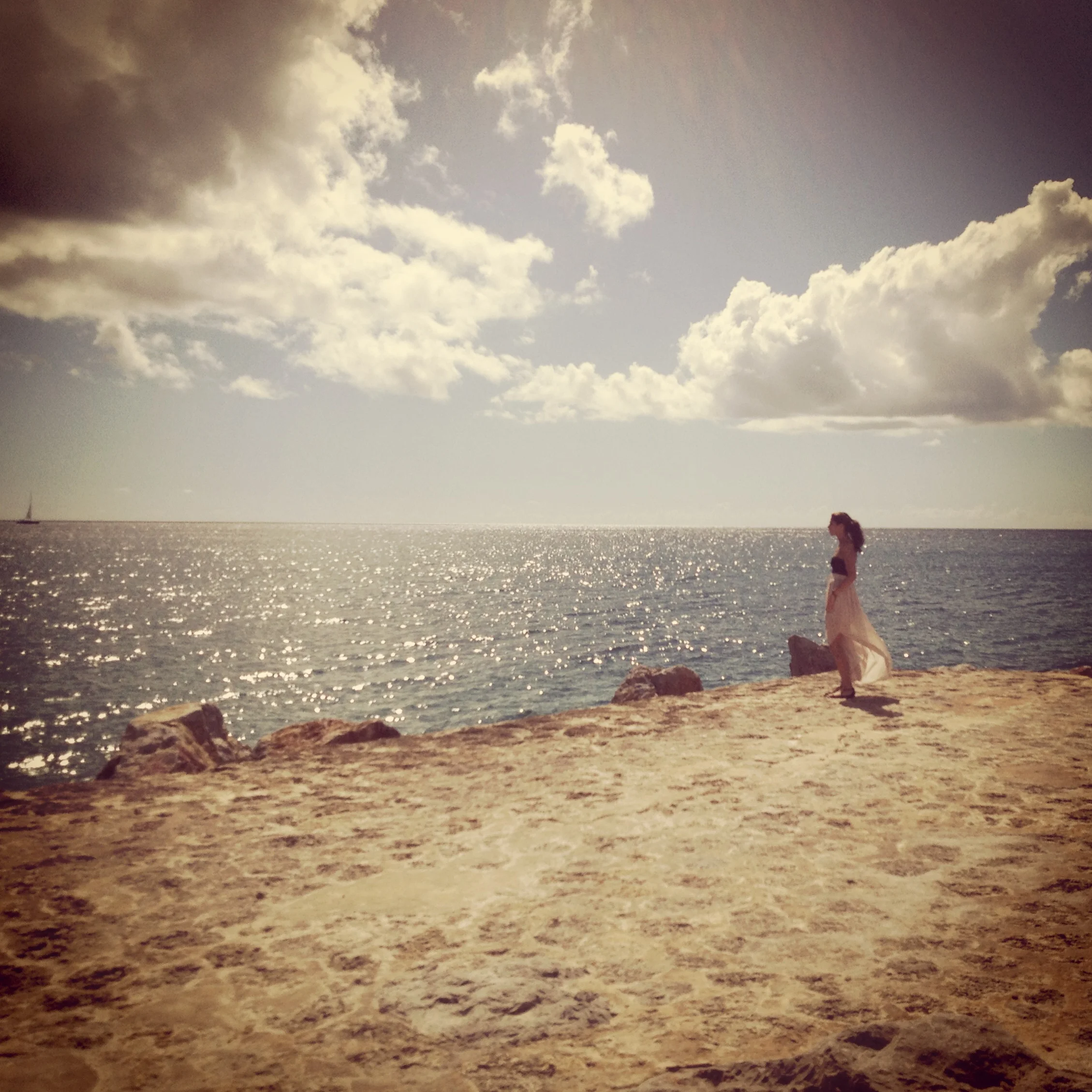According to Jon Kabat-Zinn, a pioneer in the scientific study of mindfulness, mindfulness is "paying attention in a particular way: on purpose, in the present moment and non-judgmentally". Practicing mindfulness is about controlling the way you think about the world. It is about learning to live in the present moment because you choose to!
Step 1: Pay Attention On Purpose
Okay. Imagine having a cup of very hot tea, filled right up to the top. Now maybe this has already happened to you, but imagine having to transport that tea to someone else. Lets say across the room. In that instant you are paying attention on purpose, I am sure! You become fully conscious of what you are doing, because you are aware that the water in the cup is hot and that any miss-step could be a critical one. Therefore you proceed with the utmost caution. In those 30 seconds it takes you to get the tea cup to another person you have experienced full and utter complete mindfulness. Unless of course, the person you're giving the tea to is your boss. In that case you might be worried about the future of your job if your were to spill it on them.
However, my point is that 'Paying Attention On Purpose' is focusing on what you're doing at any given moment so that you can do whatever it is that you're doing in the best possible way. It doesn't matter what it is, when you do something mindfully you are doing it fully: fully focused, fully aware and with purpose.
Its easy for us to get distracted in our heads from time to time or get lost in our feelings about things that have already happened. It is easy to worry about the future and stress about our work. However, being able to recognize when your mind begins to wander and bringing your attention back to what you want to focus on-- is the first step to being mindful!
Recap:
1. Become conscious of where your focus lies
2. Become aware of your actions
3. Give your actions purpose
Step 2: Be in the Present Moment
This is fairly straightforward, however it tends to be very hard to follow, I can attest to that myself. Replaying things that have already occurred in my head over and over is a part-time job for me. It's important to catch ourselves in those moments of irrationality and understand that no matter how much we dwell on the past -- nothing will change. No amount of 'reminisation' (this could possible be a new word I just invented) can change the things that have already occurred!
"Its done and over with sweetheart so just get with the program."
Is something I must tell myself about every half a milli second, as my mind wanders from one past event to another trying to recreate how I could have done things differently.
"If only I didn't tell that person to go to hell...Maybe things would have been different..."
And they probably would have been different, but there is nothing you can do about it now. Snapping myself back to reality is my forte, but only long enough until my mind wanders on to something that still has yet to occur like:
"What am I going to do.. I want 3 children. But if I have three children most hotel rooms only accommodate four. Then what happens to the third...? Do we get two rooms?"
It happens to all of us. We get caught up in the future or our idea of what the future will be like. Now, I'm not saying to never think of the future and go live as a nomad letting the stars guide your way. It okay to have a plan, in fact, its very important to set goals for yourself. However, once they are set, you must come back to the present moment. You can't dwell in your thoughts and hopes for too long, because you will never be able to achieve the things you want to unless you embrace the thing that already are. To live in the present moment is to live more purposefully in the directions of your dreams.
Recap
1. Don't live in the past
2. Avoid getting caught up in the future
Step 3: Practice Non-Judgement
You will realize that as you become more aware of the present moment, you will also become more aware of things that maybe you would have never noticed before. Perhaps those things involve people around you or even your own emotions. Its important to observe all the new things that fall into your range of awareness without judgement, categorization or analyzation.
Learn to observe your surroundings objectively. Don't look down on others, don't question things and most importantly don't become what you feel. Although it is important to acknowledge what you feel, it is essential to be able to let them go as well. Embrace the essence of your feelings and emotions but do so from an "outside looking in" kind of way. When you start to feel anger or sadness, register it, acknowledge what those emotions feel like, take mental notes, process them but then let them go. Think of yourself as your own patient. Once you have acknowledged your feelings objectively, use your breath to let them go. Don't cling to those feelings. Even the good ones. The only thing you should cling to during mindfulness is the awareness of your own existence- what you sense moment-by-moment.
Keep in mind that not all will choose to be mindful and in your practice you will come across people that are caught up in their own negativity. Empathize with them, notice how that makes you feel, notice where they are on their journey and keep moving along with your own. Imagine a dog goes into a restaurant and everyone is eating. It goes up to the first table and it gets shooed away while the people say "you stupid dog". Then the dog goes to the next table with the same enthusiasm and they say the same. Like this dog, don't let the outside circumstances or negativity steal your peace or distract you from your journey. Continue on until you find the table where they pat you on the head and give you a treat. Don't expect everyone to adopt the same perspectives as you. Practicing mindfulness is a personal journey and letting go of judgements includes not judging others for their lack of mindfulness. Focus on your own growth and progress, become an example for others to follow.
Recap:
1. Let go of the need to judge, categorize & analyze.
2. Don't cling to negative or positive emotions.
3. Treat your feelings and experiences objectively
4. Be patient with others who are not as mindful as you have become.







